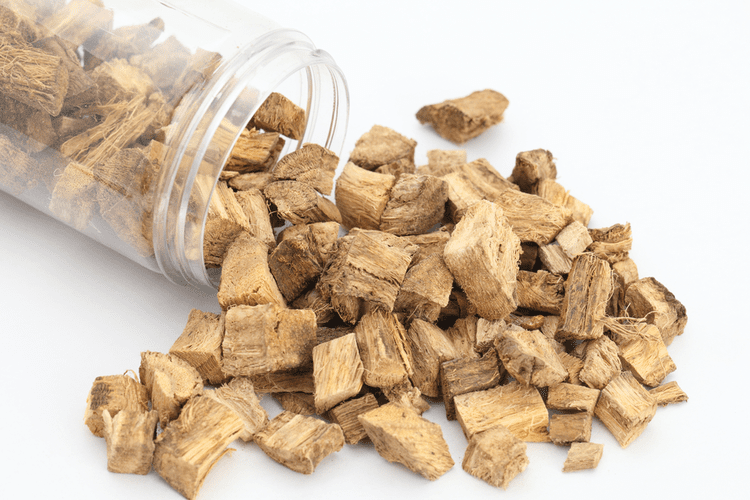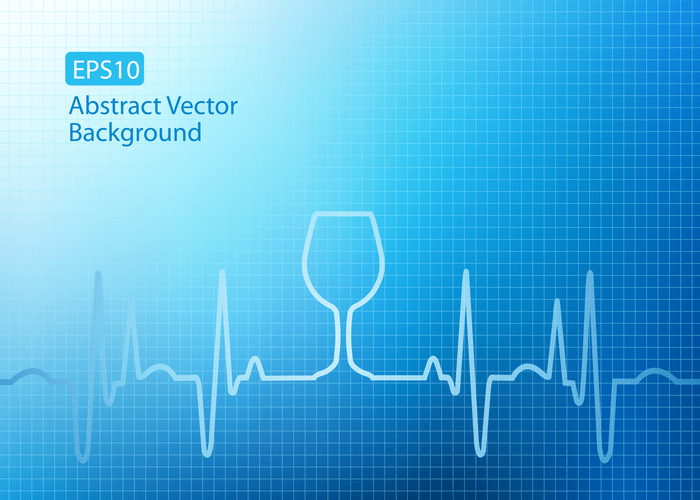What Happened? Alcohol, Memory Blackouts, and the Brain
In support of this possibility, a recent study by Hartzler and Fromme (2003a) suggests that people with a history of blackouts are more vulnerable to the effects of alcohol on memory than those without a history of blackouts. These authors recruited 108 college students, half of whom had experienced at least one fragmentary blackout in the previous year. However, when they were mildly intoxicated (0.08 percent BAC) those with a history of fragmentary blackouts performed worse than those without such a history.

Other behavioral outcomes
Table 3 provides a comprehensive overview of the strength of the evidence for age-related differences for all outcomes. Below, we will discuss the most consistent patterns of results, make connections between the behavioral and neurobiological findings when possible, highlight strengths and limitations of the evidence base, and identify the most prominent research gaps. Two weeks of voluntary binge drinking (4-h access, no abstinence) did not affect expression of calcium-dependent kinase II alpha (CaMKIIα) and the AMPA receptor GluA1 subunit in the NAc of mice 107. In contrast, Lee et al. 106 showed that voluntary binge drinking (2-h access, no abstinence) increased mGlu1, mGlu5, and GluN2b expression in the shell of the NAc, as well as PKCε and CAMKII in the core of the NAc in adult mice only. In rats, Pascual et al. 118 showed reduced NR2B phosphorylation in the NAc of adolescents only after two weeks of chronic intermittent ethanol exposure; an effect that also lasted until 24 h after end of exposure.
Treatments
Importantly, impulsivity as well as social, coping, and enhancement motives of alcohol use correlated with alcohol use in both ages. However, age only moderated the relationship between social drinking motives and alcohol use-related problems (as measured by the Alcohol Use Disorder Identification Test), with a stronger positive association in adolescents compared to adults. Importantly, the adolescent group had a different pattern of drinking, with less drinking days per month but more drinks per episode than the adult group.
Age-related differences in the effect of chronic alcohol on cognition and the brain: a systematic review
However, the rate of recovery may be influenced by age with slower recovery in adolescents. In the two available studies, no age-related differences were observed in BDNF expression in the hippocampus. Acetylcholine is a known neuromodulator of reward and cognition-related processes 126. The composition and expression of nicotinic and muscarinic acetylcholine receptors have been implicated in various alcohol use-related behaviors 127, 128. Only one study investigated cholinergic processes and observed age-related differences. Vetreno et al. 129 showed global reductions in choline acetyltransferase (ChAT; cholinergic cell marker) expression after adolescent onset, but not adult onset of forced intermittent binge-like exposure (20 days – every other day, 25 days abstinence).

The relationship of Wernicke-Korsakoff syndrome to alcohol-related dementia: pathophysiology
- The first hurdle concerned scientists’ understanding of the functional neuroanatomy of memory.
- CDK5 is overexpressed in the prefrontal cortex and the NAc following exposure to substances of abuse including alcohol 135.
- And if you have one too many alcoholic drinks, you may start to slur your speech and have trouble walking in a straight line — and that’s all before dealing with a hangover the next day.
- In this study, rats intermittently and voluntarily consumed beer for 1 month and the hippocampal proteome was analyzed after 2 weeks of abstinence.
The dose-dependent suppression of CA1 pyramidal cells is consistent with the dose-dependent effects of alcohol on episodic memory formation. As discussed in the section below on the potential brain mechanisms underlying alcohol-induced amnesia, it is easy to imagine that the impact of alcohol on brain circuitry could vary from person to person, rendering some people more sensitive than others to the memory-impairing effects of the drug. In classic studies of hospitalized alcoholics by Goodwin and colleagues (1969a,b), 36 out of the 100 patients interviewed indicated that they had never experienced a blackout. In some ways, the patients who did not experience blackouts are as interesting as the patients who did. What was it about these 36 patients that kept them from blacking out, despite the fact that their alcoholism was so severe that it required hospitalization?
Can alcohol cause dementia?
The human brain, showing the location of the hippocampus, the frontal lobes, and the medial septum. Available epidemiological studies are not sufficient to verify a protective effect of alcohol on dementia development. A Cleveland Clinic brain specialist offers strategies to rethink how we decompress. If you or a loved one is struggling with alcohol misuse or addiction, it’s important to know that there is help available. Those considering treatment may want to reach out to their doctor or a trusted medical professional. They may be able to help determine one’s medical needs or refer them to a suitable addiction treatment center.
One brain region that is central to hippocampal functioning is a small structure in the fore brain known as the medial septum (Givens et al. 2000). The medial septum sends rhythmic excitatory and inhibitory signals to the hippocampus, causing rhythmic changes in https://www.saturn-fc.ru/en/general/23528/ the activity of hippocampal pyramidal cells. In electroencephalograph recordings, this rhythmic activity, referred to as the theta rhythm, occurs within a frequency of roughly 6 to 9 cycles per second (hertz) in actively behaving rats.

Similarly, whereas the terms “Alzheimer’s” and “alcoholism” yielded 318 results, “Alzheimer’s” and “alcohol use disorder (AUD)” returned only 40 citations. The searches also considered subtypes of dementia in addition to Alzheimer’s disease, such as alcohol-related WKS and vascular, frontotemporal, and Lewy body dementias. Searches regarding animal models (i.e., rat, mouse) were narrowed by pathological terms or relevant mechanisms (e.g., amyloid, http://mirovoekino.ru/news.php?page=763 neurofibrillary tangles, presenilin).
Effects of Alcohol on Alzheimer’s Pathology
This latter possibility is made more likely by recent evidence that students who engage in repeated episodes of heavy, or binge, drinking are more likely than other students to exhibit memory impairments when they are intoxicated (Weissenborn and Duka 2000). The current systematic review assessed the evidence for the moderating role of age in the effects of chronic alcohol use on the brain and cognition. The identified 59 rodent studies (Table 1) and 4 human studies (Table 2) provide initial evidence for the presence of age-related differences. Rodents exposed to ethanol during adolescence show both increased risk and resilience to the effects https://dailywealthy.com/news/page/3 of ethanol depending on the outcome parameter.